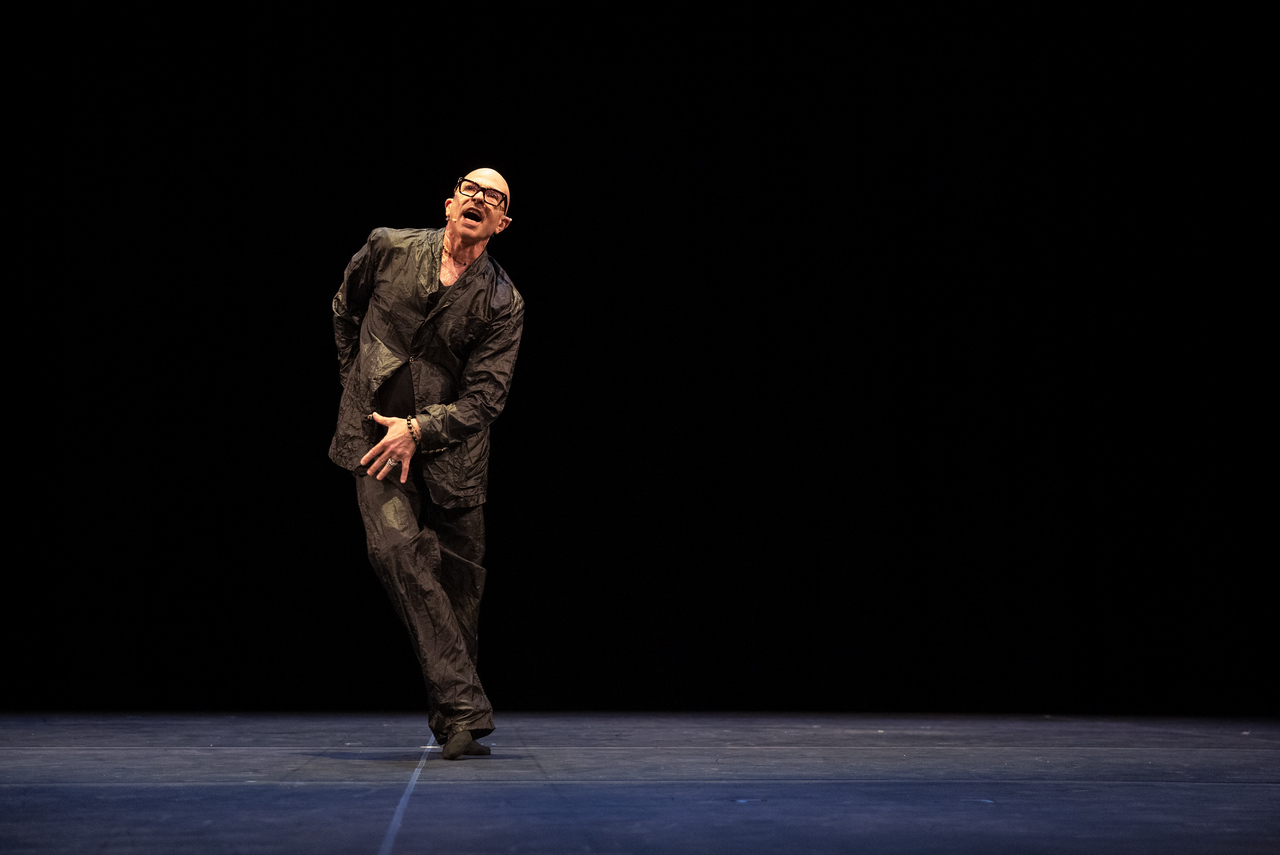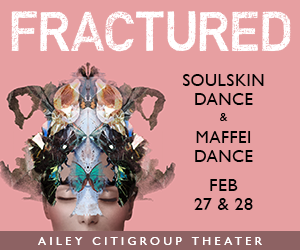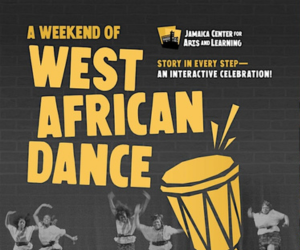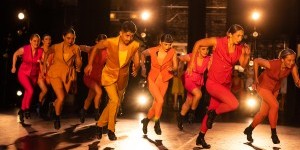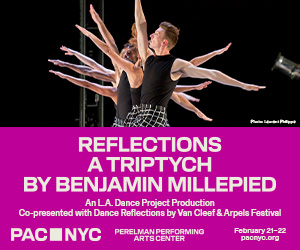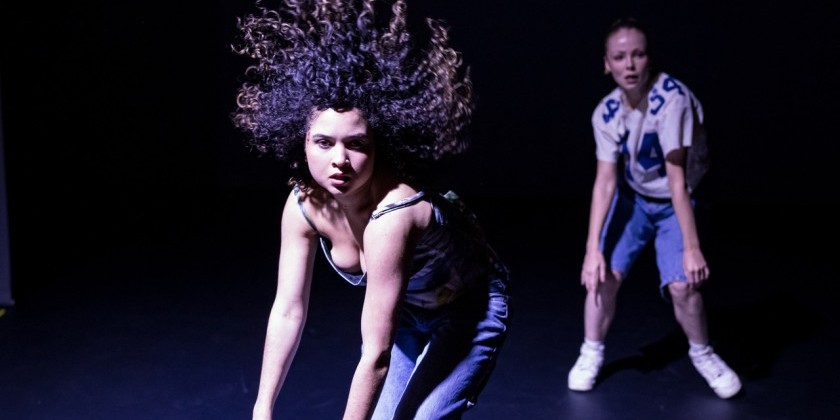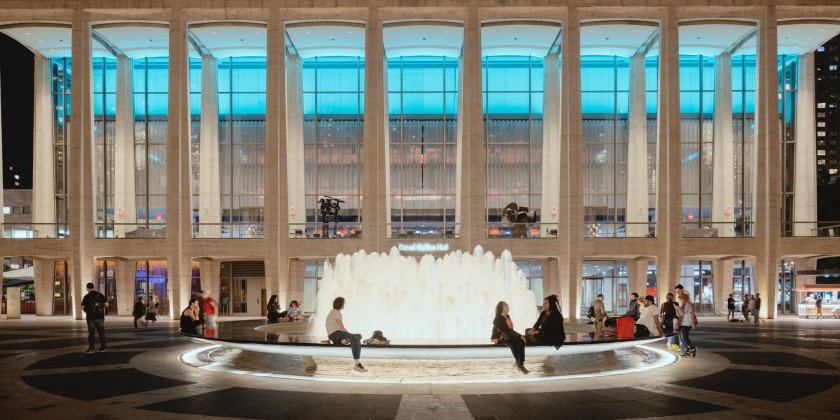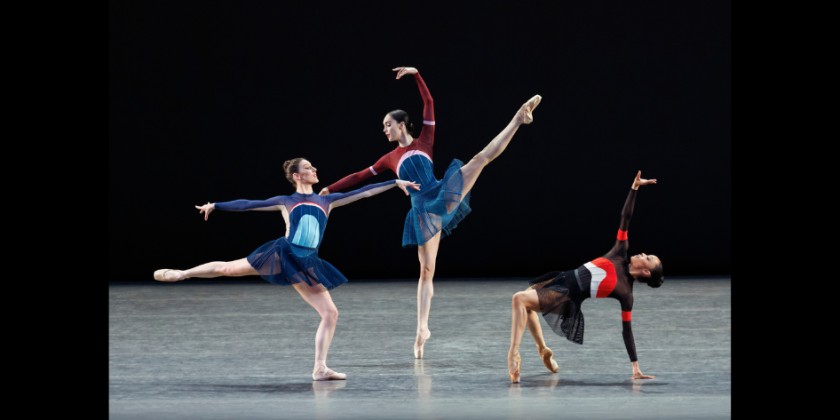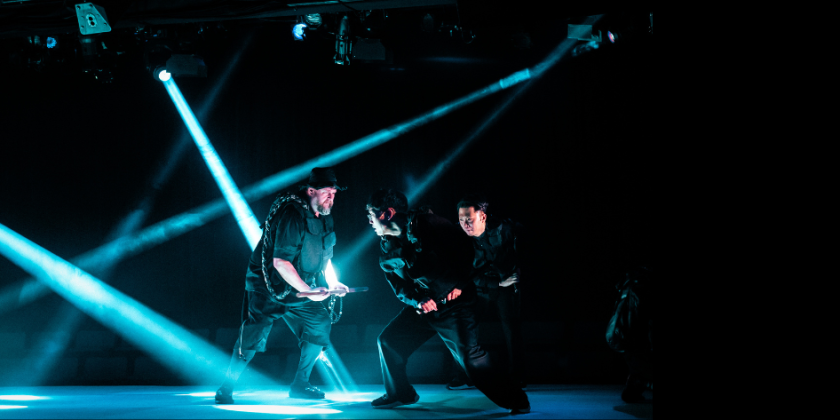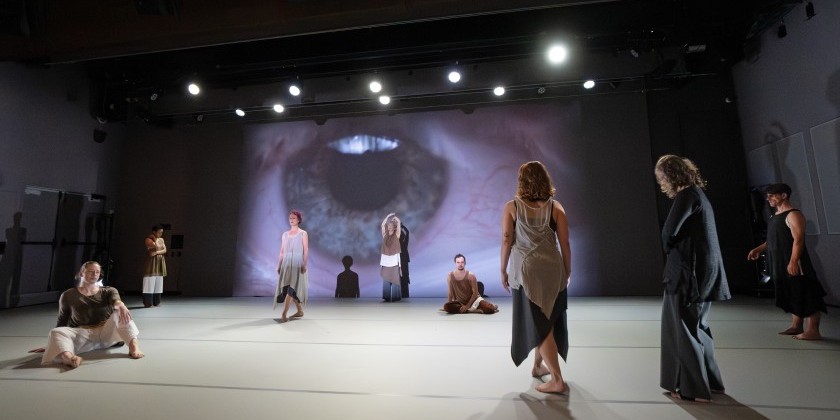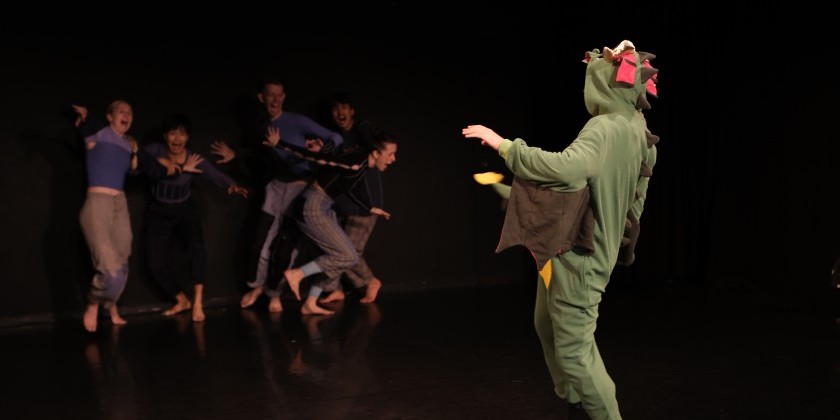SUMMER IMPRESSIONS: Stephen Petronio Company's Final Performances at Jacob's Pillow
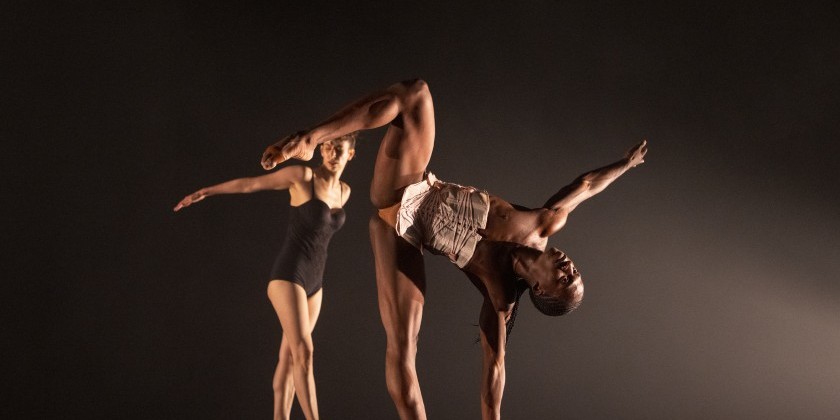
Jacob's Pillow Presents Stephen Petronio Company
It Ends Like This
Artistic Director and Choreographer: Stephen Petronio
Assistant to the Artistic Director: Gino Grenek
Dancers: Larissa Asebedo, Liviya England, Eleni Loving, Taylor Massa, Jaqlin Medlock, Tess Montoya, Isaiah Newby, Ryan Pliss, Deniz Erkan Sancak, Nicholas Sciscione
Resident Lighting Designer: Ken Tabachnick
Technical Director/Lighting Supervisor: Joe Doran
Production Stage Manager: Jessie Ksanznak
Ted Shawn Theatre
July 23 - 27, 2025
On the dance scene for more than four decades, choreographer Stephen Petronio founded his singular, heart-thumping Stephen Petronio Company in 1984. Nearly every year since, the group presented lauded works. Several of these dances resurfaced in July, at Jacob’s Pillow Dance Festival, where the company gave its final performances.
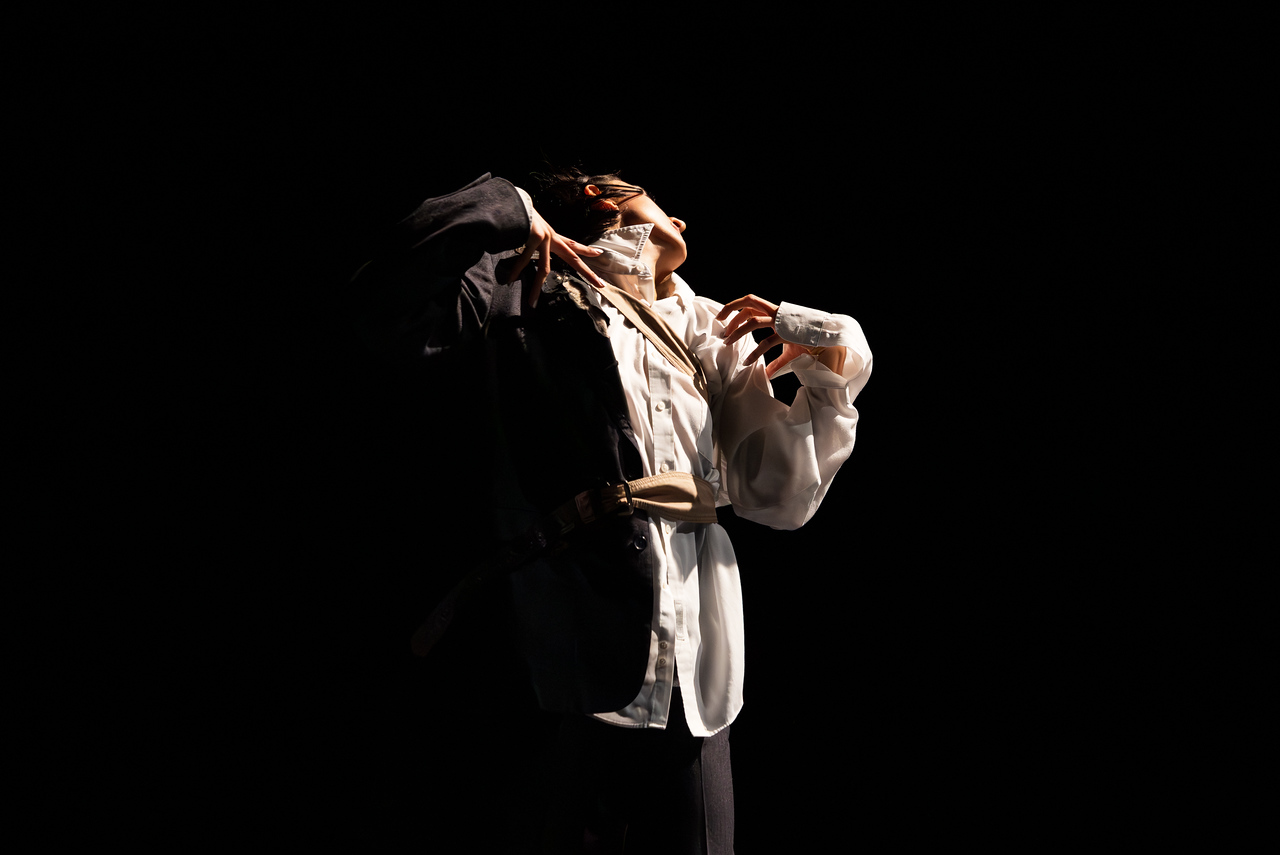
The folding of the company is the old story: lost support and too little work for the dancers. Even in the best of times, keeping a company afloat requires ingenuity and relentless effort. After the recent Covid-19 pandemic, everything shifted. Funders leaned toward choreography centered on social justice and activism, while Petronio’s work explored sexuality, loss, relationship, and the spiritual. His vibe was no longer “of the moment.” For most of its existence it had been cutting-edge — if that phrase still applies — not just in style, but also as a state of mind. Petronio’s work challenged the senses and expectations in ways that feel different from today’s socially driven agendas.
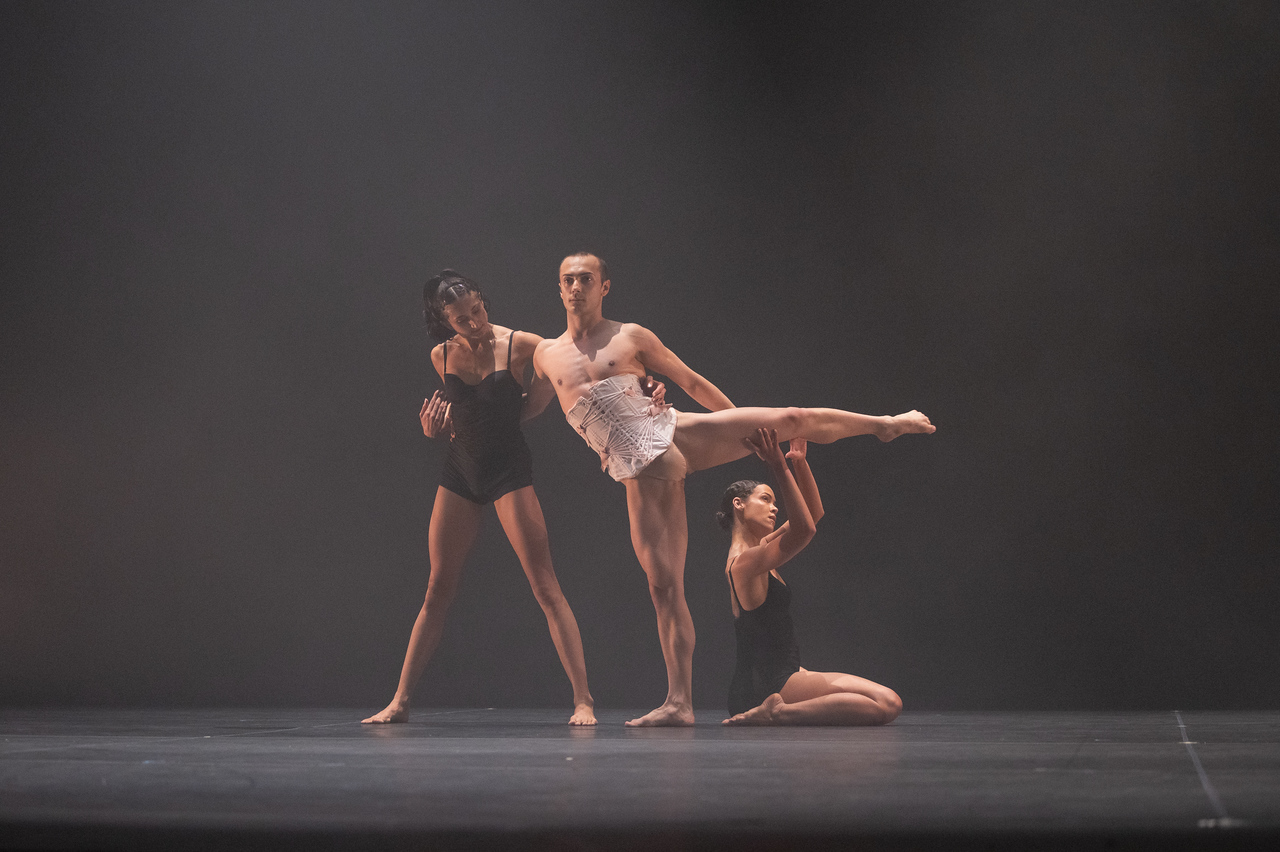
Petronio’s pedigree is storied: he was Trisha Brown's first male dancer, a college student of Steve Paxton, and influenced by Merce Cunningham.
Later, Petronio became known for high-octane collaborations in the stylish realms of art, music, and fashion — with visual artist Robert Longo, Rock musician Lou Reed, and conceptual artist Tara Subkoff/Imitation of Christ.
Petronio’s singular, compositionally taut dances were shaped by his having lived through the AIDS epidemic and the era of drug use and abuse. What he experienced in his body found its way to the stage. At times assaulting the senses, at times steeped in sadness, his work grew from instinctive choices.

His vocabulary contrasts quick, snapping, lashing movement with the sinuous and rippling. Between release and control, he built a rhythmic electricity unmistakably his own. Performed by a technically virtuosic company, the dancing reached beyond the diagonals, and moved into and out of the floor. Undergirding all was a highly developed sense of compositional structure — traditional yet leaning toward the experimental — that allowed movement to pull far from its center creating a buzzing tension.
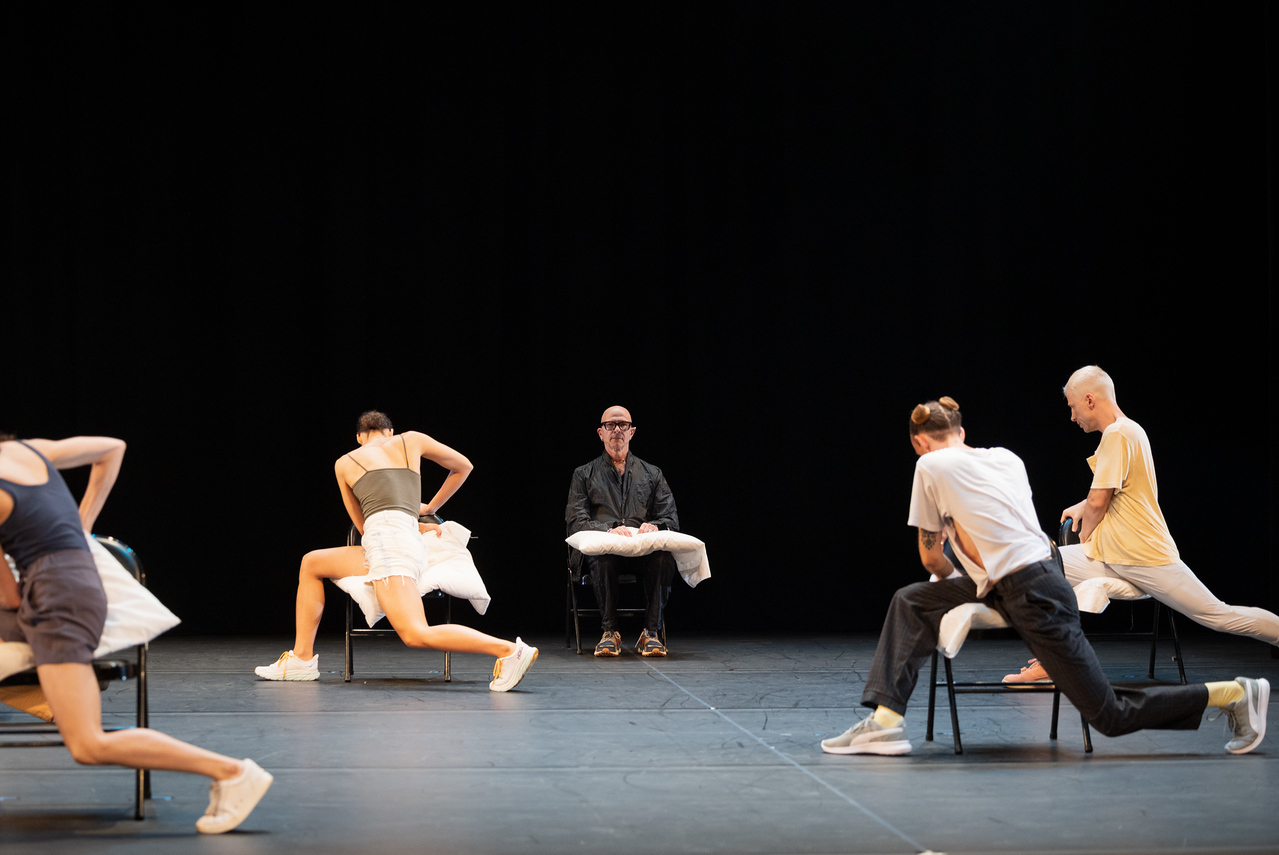
For those who relish Petronio’s work, the Pillow program offered some of his strongest: MiddleSexGorge (1990), American Landscapes (2019), Broken Man (2002), Bud (2005), and Yvonne Rainer’s Chair-Pillow (1969), the latter part of his Bloodlines project.
Seated at the edge of the stage in a chic black jacket and baggy pants, pencil-thin goatee, and customary big-framed glasses, Petronio introduced Another Kind of Steve (2024) with heartfelt thanks for his life as a choreographer and dancer. He recalled being “thunderstruck” in his first dance class. Rising on tiptoe, moving fluidly with his customary flair, shifting direction with pauses and subtle hesitations, he confessed he was never interested in “shape,” and had even hoped to close his company with the downfall of Western civilization. As I see it, that was a near miss.
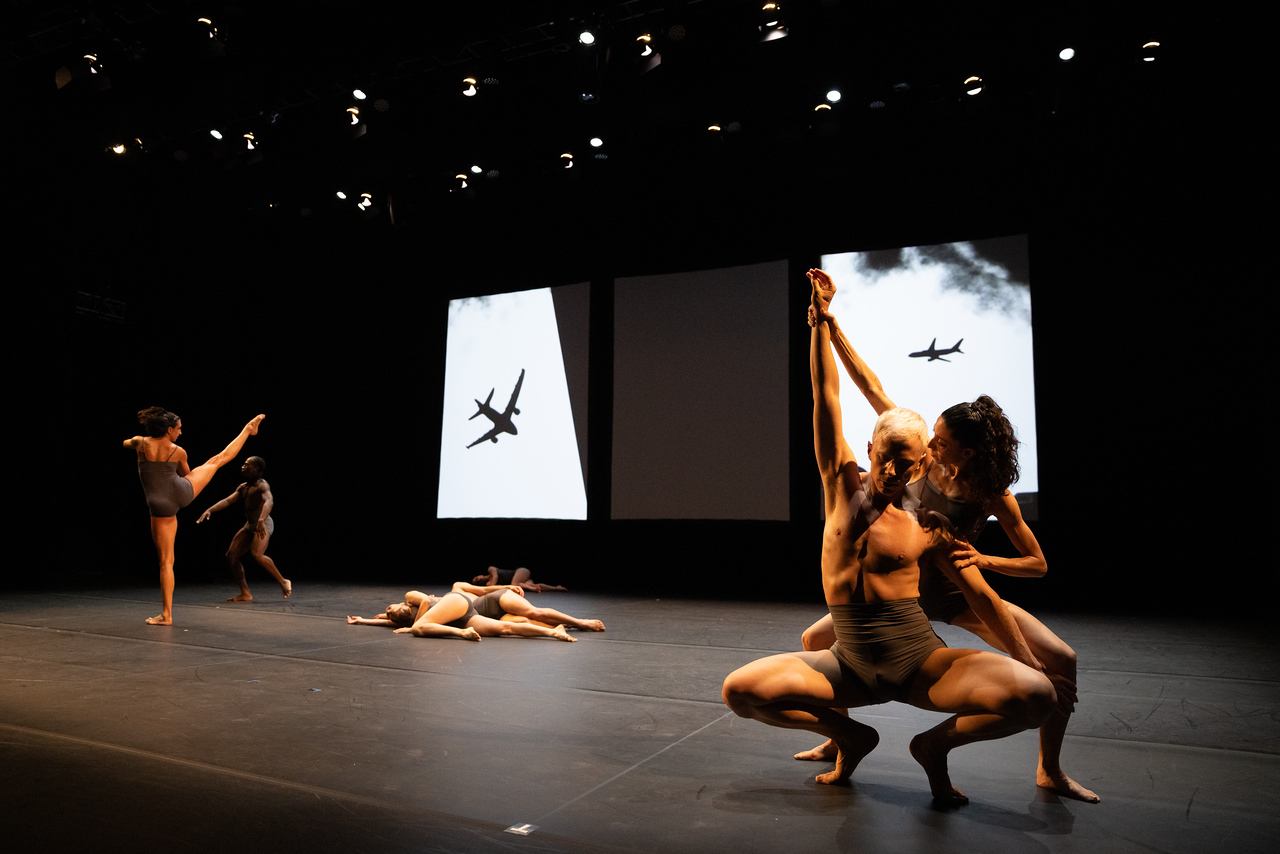
The Bloodlines component of Petronio’s oeuvre will continue. Initiated in 2014, Bloodlines both honors his choreographic influences and supports new dance-makers. Funding will come in part from the sale of the Petronio Residency Center, a 175-acre retreat for choreographers in the Catskills. Petronio speaks of continuing to choreograph through Petronio Projects. Fans look forward to how this next chapter will shape his artistry.
